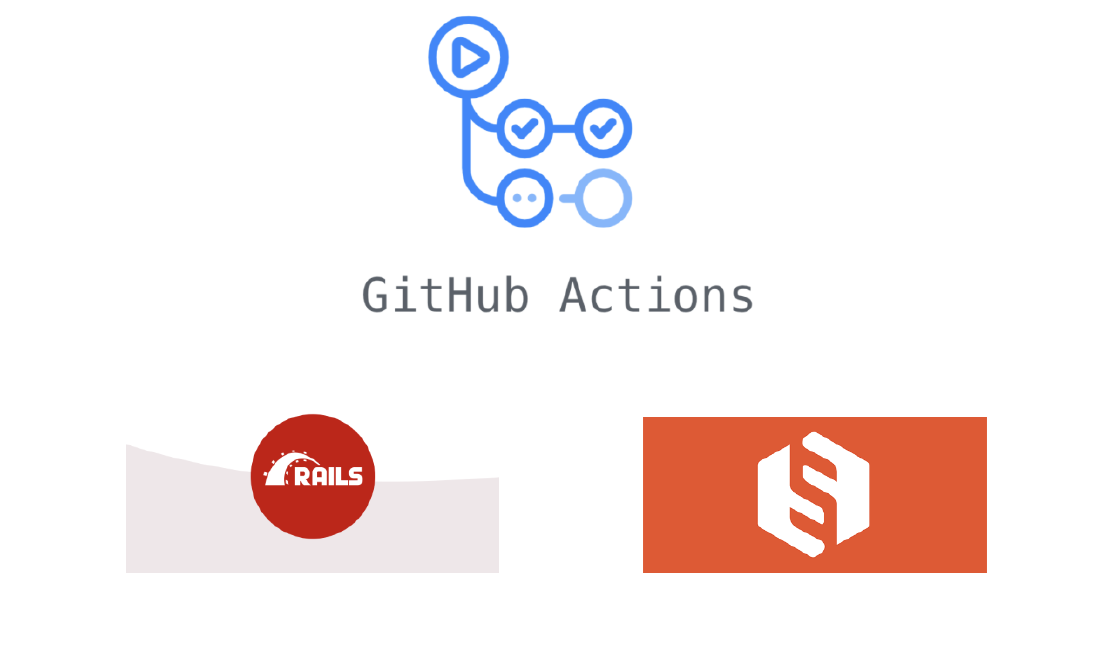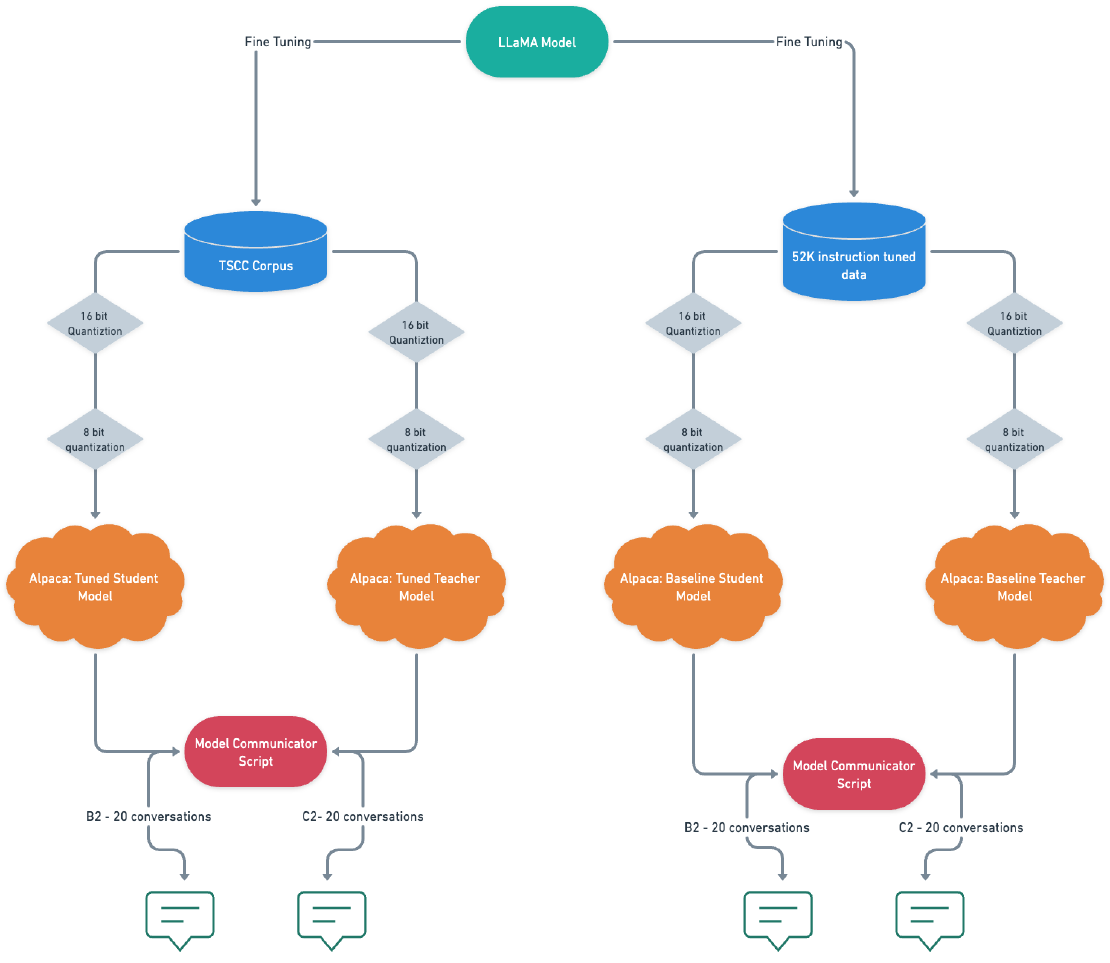
What it takes to be successful as a coder?
To be successful as a coder, it takes more than just technical skills and knowledge. It requires a combination of factors, including dedication, passion, and the ability to overcome self-doubt and imposter syndrome.
One of the most important factors in becoming a successful coder is the amount of time and effort put into learning and practicing the craft. Many experts agree that it takes at least 10,000 hours of dedicated practice to become an expert in any field, and coding is no exception. This means that aspiring coders must be willing to put in the time and effort to master their craft, whether through online courses, workshops, or on-the-job experience.
In addition to the time and effort required, passion is also crucial for success as a coder. Without a true love and enthusiasm for coding, it can be difficult to stay motivated and focused on the task at hand. Passion drives curiosity and a desire to learn and improve, which are essential for achieving success in the field.
However, even with time and passion, many aspiring coders struggle with imposter syndrome, a feeling of inadequacy and self-doubt. This can be especially common in the competitive and constantly-evolving world of coding, where there is always more to learn and new technologies to keep up with.
To overcome imposter syndrome, it is important to remember that everyone starts as a beginner and that it is natural to feel overwhelmed at times. It is also helpful to seek support from mentors, peers, and online communities, as well as to celebrate small victories and progress along the way.
Overall, to be successful as a coder, it takes a combination of dedication, passion, and the ability to overcome self-doubt. With the right mindset and approach, anyone can achieve success in the exciting and rewarding field of coding.
How to manage 10 thousand hours with a social life?
As a programmer, one of the most common pieces of advice you will hear is to put in 10,000 hours of practice in order to become an expert in your field. While this may seem daunting, it is a necessary step in becoming a successful coder. However, many people struggle to balance their coding hours with their social lives, leading to burnout and a lack of enjoyment in their work.
Here are a few tips for managing 10,000 hours of coding while still maintaining a social life:
-
Set a schedule and stick to it. Planning out your coding hours and sticking to them will help you stay on track and avoid burnout. Make sure to include regular breaks and time for social activities in your schedule.
-
Prioritize your tasks. Identify the most important tasks that need to be done and focus on completing those first. This will help you get the most important work done and free up time for social activities.
-
Take advantage of downtime. Instead of wasting time during breaks or downtime, use it to code. This can be a great way to get some extra hours in without sacrificing your social life.
-
Find a support system. Surround yourself with friends and family who support and encourage your coding goals. They can help motivate you and provide a sounding board for any challenges you may face.
-
Be mindful of burnout. While it is important to put in the necessary hours to become an expert coder, it is equally important to avoid burnout. Take regular breaks, prioritize self-care, and don’t be afraid to ask for help if you need it.
Managing 10,000 hours of coding while maintaining a social life can be challenging, but it is not impossible. By setting a schedule, prioritizing tasks, taking advantage of downtime, finding a support system, and being mindful of burnout, you can achieve your coding goals without sacrificing your social life.
Passion: Need of the hour!
Passion is a driving force that motivates individuals to pursue their dreams and goals. In the field of coding, passion is an essential quality that is needed to excel and excel.
With the rapid growth of technology and the increasing demand for skilled coders, the need for passionate individuals in this field has never been higher. Passionate coders are able to overcome challenges and obstacles, push through difficult times, and stay focused on their goals.
One of the benefits of having passion for coding is that it allows individuals to stay motivated and engaged in their work. When individuals are passionate about something, they are more likely to be engaged and focused on the task at hand. This can lead to increased productivity and better results.
In addition, passion for coding can lead to increased creativity and problem-solving abilities. When individuals are passionate about something, they are more likely to think outside of the box and come up with creative solutions to problems. This is especially important in the field of coding, where complex problems and challenges are common.
Passion also allows individuals to stay committed and dedicated to their work. Coding can be a demanding and challenging field, and it takes a lot of time and effort to become skilled in this area. Passionate individuals are more likely to stay committed and dedicated to their work, even when faced with challenges and obstacles.
Moreover, passion is contagious. When individuals are passionate about something, they are more likely to inspire and motivate others around them. This can create a positive and supportive work environment, which is essential for success in the field of coding.
In conclusion, passion is an essential quality that is needed to excel in the field of coding. Passionate individuals are able to stay motivated, engaged, and committed to their work. They are also more likely to be creative and solve complex problems. Therefore, the need for passionate individuals in this field is critical for success.
Kick imposter syndrome out of the door
Imposter syndrome is a feeling of inadequacy and self-doubt that often plagues individuals who are successful in their careers. Despite achieving success and recognition, these individuals often feel like they are frauds and that they do not deserve their accomplishments. This can lead to feelings of anxiety, stress, and even depression.
While imposter syndrome can affect anyone, it is particularly common among high-achieving individuals who are perfectionists or have high standards for themselves. It can also be more prevalent among women and people from underrepresented groups who may face additional challenges and stereotypes in the workplace.
If left unchecked, imposter syndrome can have a negative impact on both personal and professional lives. It can lead to a lack of confidence, a fear of failure, and a tendency to downplay one’s accomplishments. It can also lead to burnout and a lack of motivation to continue pursuing one’s goals.
So how do we kick imposter syndrome out of the door? Here are some tips:
-
Recognize that imposter syndrome is a common experience. Knowing that you are not alone can help you feel more validated and less like a fraud.
-
Challenge negative thoughts. When you have thoughts that tell you that you are not good enough or that you do not deserve your success, challenge those thoughts. Ask yourself where they are coming from and if they are based on evidence.
-
Celebrate your successes. It is important to recognize and celebrate your accomplishments, no matter how small they may seem. This can help boost your confidence and remind you of your worth and capabilities.
-
Seek support. Talk to friends, family, or a therapist about your feelings of imposter syndrome. This can help you process and challenge those negative thoughts and feelings.
-
Practice self-care. Taking care of yourself physically and emotionally can help reduce stress and anxiety, and boost your self-esteem and confidence. This can include things like exercise, eating well, and getting enough sleep.
By recognizing, challenging, and addressing imposter syndrome, individuals can overcome these negative thoughts and feelings and continue to pursue their goals and dreams with confidence and self-worth. It’s time to kick imposter syndrome out of the door and embrace your successes and capabilities.
Coding 101: Technologies to kickstart your career
If you’re looking to kickstart your career in coding, there are a few technologies you should be familiar with. These technologies are essential for anyone looking to enter the world of coding and are a great starting point for beginners.
First and foremost, you should familiarize yourself with HTML and CSS. HTML, or Hypertext Markup Language, is the language used to create the structure and layout of a website. CSS, or Cascading Style Sheets, is used to add styling and formatting to a website. Together, these technologies form the foundation of web development and are essential for anyone looking to build their own website or work on web-based projects.
Another important technology to know is JavaScript. JavaScript is a programming language that is used to add interactivity to web pages. It allows you to create dynamic and engaging user experiences on a website, such as animations, pop-ups, and more.
In addition to these core technologies, there are a few others that are worth considering. For example, Python is a popular programming language used in a variety of fields, including data science and machine learning. Learning Python can open up a world of opportunities and is a valuable skill to have in the world of coding.
Another technology worth considering is SQL, or Structured Query Language. SQL is a language used to manage data in databases. It allows you to create, update, and query data, making it an essential skill for anyone working with large datasets.
In Conclusion, there are many technologies worth learning if you’re looking to kickstart your career in coding. HTML, CSS, JavaScript, Python, and SQL are just a few examples of technologies that can help you get started and set you on the path to success in the world of coding. With the right knowledge and skills, you can build a career in this exciting and rapidly-growing field.
Related Posts

Building a CI Pipeline using Github Actions for Sharetribe and RoR
Continuous Integration (CI) is a crucial part of modern software development workflows. It helps ensure that changes to the codebase are regularly integrated and tested, reducing the risk of introducing bugs and maintaining a high level of code quality.
Read more
Exploring if Large Language Models possess consciousness
As technology continues to advance, the development of large language models has become a topic of great interest and debate. These models, such as OpenAI’s GPT-4, are capable of generating coherent and contextually relevant text that often mimics human-like language patterns.
Read more
Fine-Tuning Alpaca: Enabling Communication between LLMs on my M1 Macbook Pro
In this blog post, I will share a piece of the work I created for my thesis, which focused on analyzing student-tutor dialogues and developing a text generation system that enabled communication between a student chatbot and a tutor chatbot.
Read more